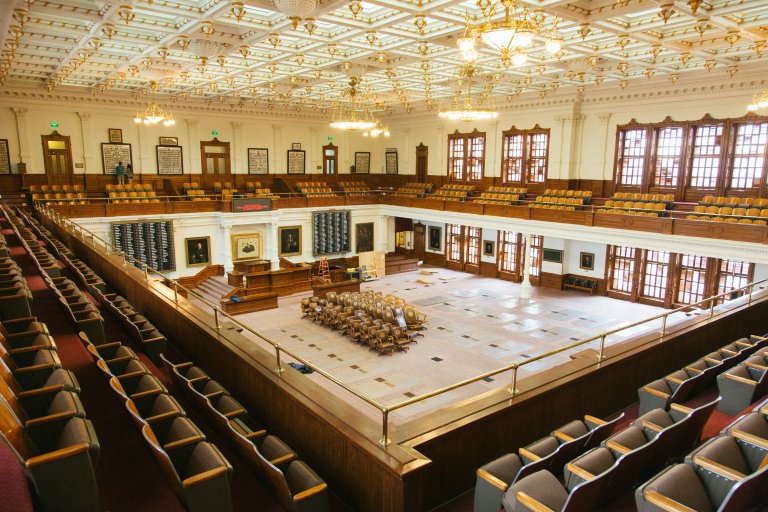Political Parties and Corruption: The Opinion of Italian People
Corruption has been a long-standing problem in Italian politics. In fact, Italy has consistently ranked low in international indices measuring corruption, such as the Corruption Perceptions Index by Transparency International. This has been a cause for concern among the Italian people, who have witnessed numerous scandals involving politicians and political parties that have eroded public trust in the government. In this article, we will explore the opinion of Italian people regarding political parties and corruption.
The Impact of Corruption on Italian Politics
Corruption in politics has had a significant impact on the Italian democracy. According to a survey conducted by the Italian public research institute Censis, 70% of Italians believe that corruption is one of the main obstacles to the development of their country. Corruption is seen as a barrier to economic growth and social progress, as it diverts resources away from areas that need it the most and hinders fair competition.
Furthermore, corruption has also eroded public trust in the political system. In a survey conducted by the European Social Survey, only 29% of Italians expressed confidence in their government, compared to an EU average of 42%. This lack of trust is reflected in the low voter turnout during elections, as citizens feel disillusioned and disconnected from the political process.
The Role of Political Parties in Corruption
Political parties in Italy have been heavily implicated in corruption scandals. In 2017, the ruling center-left Democratic Party (PD) was embroiled in a corruption scandal involving misused funds for electoral campaigns. The PD’s former leader, Matteo Renzi, was also accused of corruption and abuse of power during his tenure as Prime Minister.
However, it is not just the ruling party that has faced corruption allegations. The right-wing populist party, Lega Nord, has also been investigated for misappropriation of public funds, tax evasion, and other corrupt practices. This has caused the Italian people to lose faith in mainstream political parties and turn to alternative political movements.
The Rise of Anti-Corruption Movements
The rise of anti-corruption movements such as the Five Star Movement (M5S) and the Lega Nord reflects the growing dissatisfaction of Italians with the current political system. Both parties were founded as a reaction to the corruption scandals that have plagued Italian politics and have been gaining support among voters.
The Five Star Movement, in particular, has been championing anti-corruption measures and has made it a core issue in their platform. They have proposed measures such as a ban on public officials with criminal records and the introduction of a “conflict of interest†law to prevent politicians from using their positions for personal gain.
The Fight Against Corruption: Public Opinion and Solutions
Public opinion plays a crucial role in the fight against corruption in Italy. According to a survey by the National Anti-Corruption Authority (ANAC), 78% of Italians believe that more needs to be done to combat corruption. This sentiment is shared across all age groups and political affiliations, showing a widespread recognition of the problem.
One of the solutions proposed by the Italian people is the introduction of stricter laws and punishment for those involved in corrupt activities. This includes imposing tougher penalties on corrupt politicians and implementing a more efficient legal system to deal with corruption cases.
Another solution is – as suggested by the M5S – to limit the number of terms a politician can hold office. This would prevent the concentration of power in the hands of a few individuals, reducing the risk of corruption.
Conclusion
The opinion of the Italian people regarding political parties and corruption is one of frustration and dissatisfaction. The impact of corruption on the country’s development and the lack of trust in the political system are issues that need to be addressed. It is clear that stricter laws and measures need to be implemented to combat corruption in Italy and restore public trust in the government. Otherwise, the people’s discontent may continue to give rise to alternative political movements that promise to tackle corruption head on.
